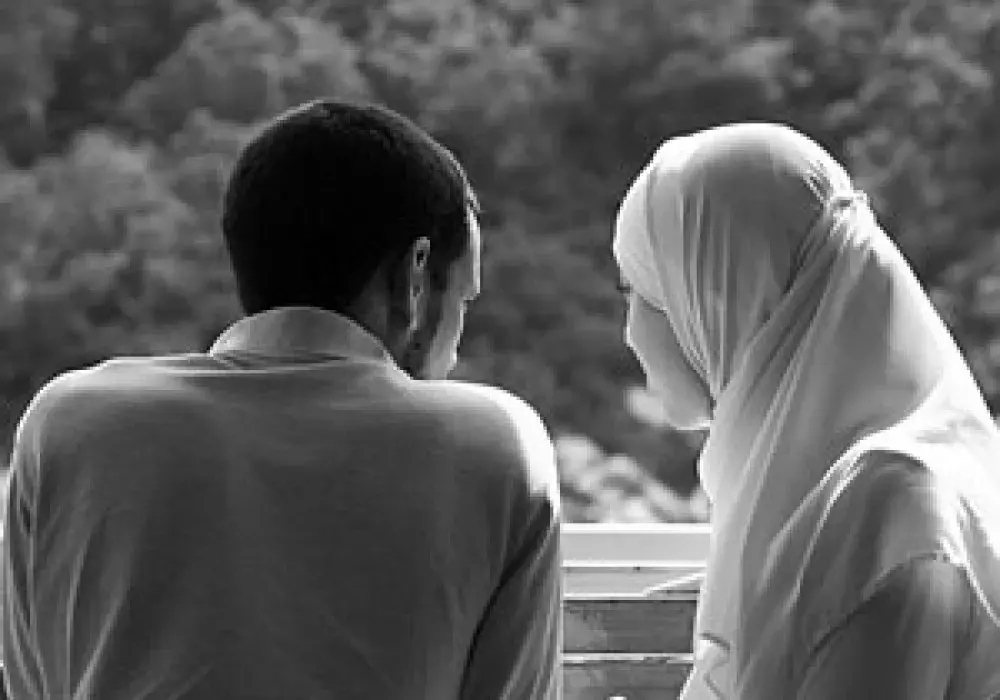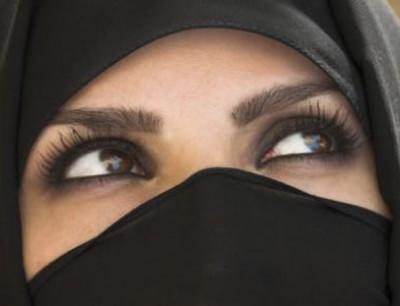How to Perform the Two Rak’ahs of Fajr Sunnah if the Prayer Time Has Passed
A member of Al-Azhar Global Fatwa Center explained the great virtue of the Fajr Sunnah prayer and clarified its ruling when the prayer time has passed, emphasizing that the obligatory prayer should always be performed first.

Dr. Heba Ibrahim, a member of the Al-Azhar Global Fatwa Center, answered a common question regarding how to perform the two Rak’ahs of Fajr Sunnah if one misses the prayer time. She affirmed that these two Rak’ahs are among the most virtuous voluntary prayers, as the Prophet ﷺ said: “The two Rak’ahs of Fajr are better than the world and all it contains.”
She explained that if someone misses the Fajr prayer for a valid reason, they should perform the obligatory prayer first as soon as possible, then pray the Sunnah afterward if time allows, since performing obligations is the most beloved act to Allah.
The Al-Azhar Islamic Research Academy clarified that if a person cannot pray the Sunnah before the Fajr prayer, they may do so immediately afterward, as per the view of Shafi’i and Hanbali scholars, who consider it still valid within its time frame.
Imam Al-Nawawi stated: “The time for Sunnah prayers that precede the obligatory ones begins with the entry of the prayer time and lasts until it ends.”
The Egyptian Dar Al-Ifta confirmed that the Prophet ﷺ never abandoned the Fajr Sunnah, citing the narration of Aisha (may Allah be pleased with her): “The Prophet was never more consistent with any voluntary prayer than the two Rak’ahs of Fajr.”
Muslims are encouraged to perform this Sunnah at home, following the Prophet’s guidance: “Pray in your homes, for the best prayer of a man is in his home except the obligatory prayer.”
الدكتور حسن القصبي، أستاذ الحديث بجامعة الأزهر، يفسر حديث النبي ﷺ «خُلقت من ضلع أعوج» مؤكداً أنه تكريم للمرأة وتأكيد على مكانتها في الإسلام لا انتقاص منها.
دار الإفتاء المصرية توضح أحكام الوضوء عند وجود الكحل في العين، وحكم الكلام أثناء الطهارة، مؤكدة ضرورة غسل الوجه كاملًا وبيان آداب الوضوء في الإسلام.
كشف مركز الأزهر العالمي للفتوى الإلكترونية عن عشرة آداب رفيعة ينبغي على المسلم التحلي بها عند معاملة كبار السن، مؤكدًا أن احترام الكبير من شيم الإسلام وأخلاق المؤمنين، ودليل على الرحمة والتواضع.
كشفت دار الإفتاء المصرية حكم تخصيص أحد الأشخاص بالدعاء له بالاسم أثناء الصلاة، موضحةً أن ذلك جائز شرعًا ولا حرج فيه، سواء في الفريضة أو النافلة، ما دام الدعاء في حدود الأدب والشرع.



